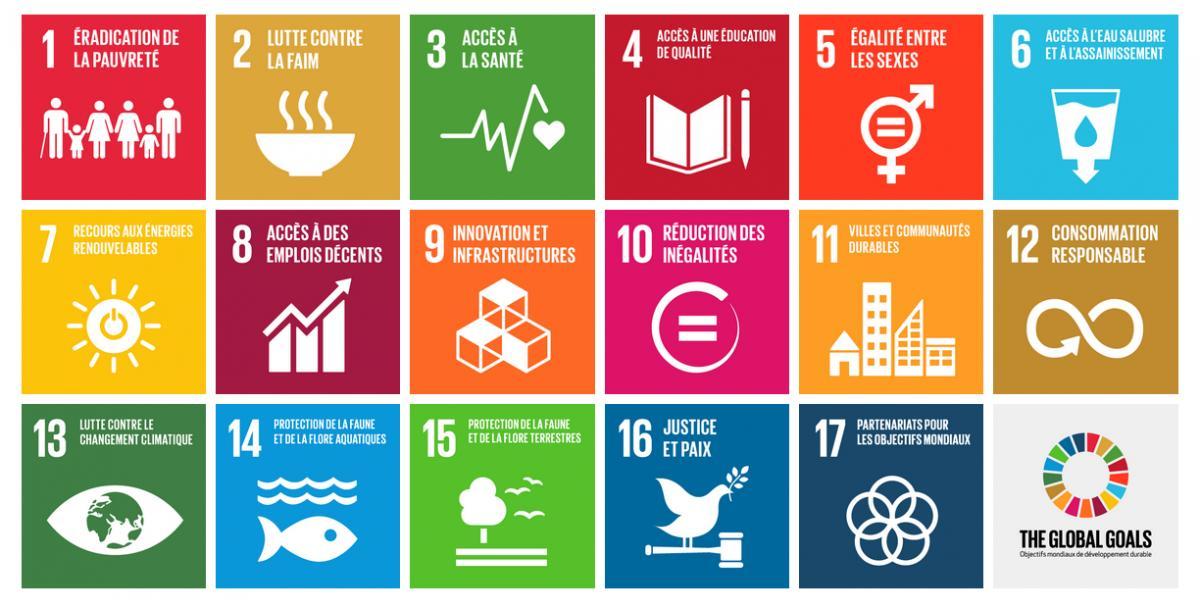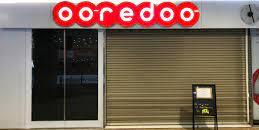South Africa : The explosive growth of e-commerce in South Africa
- 22 March 2022 / News / 511 / Fares RAHAHLIA

New data from FNB Merchant Services shows that the South African online e-commerce market has grown rapidly and is currently estimated at just under R200 billion per annum. Companies such as Takealot, Woolworths and Checkers are all adapting to new consumer habits.
According to FNB, an increase in the e-commerce estimated value indicates how Covid-19 exponentially accelerated the use of e-commerce.
Before the pandemic, e-commerce accounted for 8% of total card payments spent in the retail space, with 35% of the sector being made up by spending on travel and accommodation. At the end of 2021, e-commerce accounted for 14% of total card payments sales, with travel and accommodation only taking up 11%.
“E-commerce has already exceeded our conservative estimates initially published at the peak of the pandemic, and it’s clearly here to stay,” said FNB Merchant Services chief executive officer Thokozani Dlamini.
“South Africa’s e-commerce market will reach more than R400 billion by 2025 on the back of more than 1 billion transactions per annum,” Dlamini estimated.
Statistics from FNB show that total online sales in 2020 jumped by 55% and another 42% in 2021, driven by increased spending in less traditional e-commerce industries.
Online spending on products – other than travel or accommodation – doubled in 2020 by reflecting a 102% increase which saw an additional 39% of growth in 2021, said Dlamini.
Transaction volumes remained robust with an estimated 500 million in 2021, up from 200 million in 2019 and 345 million in 2020.
However, people were spending less online with smaller retail and lower basket items gaining traction – the average purchase value of R390 was R60 less than the average in 2019.
“Not all major retailers were prepared for the sudden change, but those that were successful were the ones who would adopt a fast, reliable logistical solution in meeting the delivery demand. Key challenges to overcome were consumer trust in the fulfilment of sales where physical products had to be delivered, and logistical solutions to meet spiking demand,” said Dlamini.
More market competition
The shift to e-commerce has increased the competitiveness of smaller, independent retailers, who recognise that their client base can be expanded beyond their immediate regional presence.
FNB stressed that despite larger retailers having bargaining power with potentially significantly lower input costs than an SME going virtual, their digital prices are substantially higher since they need to maintain a unique digital offering whilst ensuring data security.
The lure of marketplaces offered by Takealot, Bidorbuy, Facebook Marketplace, and similar solutions have opened avenues for those unable to invest in a professional digital platform to sell their products.
Below are some examples of e-commerce growth among some of the country’s largest retailers:
Takealot
In April 2021, the Naspers group acquired the share capital held by non-controlling shareholders of Takealot for roughly R830 million. As a result, the group holds 100% effective interest in Takealot.
Takealot continued to benefit from the shift to online, growing gross merchandise value by 72% and revenue by 63% for the six months ended September 2021.
“The fastest-growing categories were consumables, home, lifestyle and media,” said Naspers.
The interim financial results for 2021 indicated that third-party marketplace sales on Takealot outpaced first-party offerings, with first-party retail sales growing 15% and third-party marketplace sales by 55%.
Other increases in smaller Naspers e-commerce companies were seen:
- Mr D – As Takealot group’s food-delivery business, Mr D also benefited from the shift in consumer spending to online delivery and saw an increase of 88% in orders.
- Superbalist – The online fashion website saw gross merchandise value increase by 77% despite increasing competition from brick-and-mortar fashion retailers.
Woolworths
According to the unaudited interim group results for Woolworths Holdings Limited, trading conditions earlier in the reporting period [26 weeks ended 26 December 2021] were impacted by the ongoing effects of Covid-19, the civil unrest in July, power outages and international supply chain disruptions, and supplier delays.
Despite this, the South African division of Woolworths saw the following increases in online sales:
- Woolworths Fashion, Beauty and Home – Online sales growth of 19.2%, compared to December 2020, contributing to a total of 4.4% of sales.
- Woolworths Food – Relative to the comparative period, overall sales grew by 15.2%, and online sales saw a significant increase of 55.8%, contributing to 3.1% of its food sales.
Woolworths South Africa stressed that their overall expenses grew by 6.3% due to ongoing investment in online capabilities and higher energy costs. As a global group, Woolworths Holdings Limited saw a 22.4% increase in online sales, thus contributing 13.7% to the Group’s total turnover.
Checkers
Shoprite Holdings as the holding company of Checkers released its unaudited results for the 26 weeks ended 2 January 2022. It showed that Checkers was a key driver for the R2 billion increase in the group’s gross profit.
Regarding online engagement and sales, Checkers Sixty60, the group’s on-demand grocery delivery app maintained its growth, expanding its services to 266 stores [233 stores in FY 2021], said Shoprite.
Pick n Pay
Pick n Pay’s unaudited condensed interim financial statements for the 26 weeks ended 29 August 2021 showed an increase in engagement with the company’s online shopping options.
“Online clothing sales increased 150% year-on-year (for the first comparable month), with the value of online baskets more than doubling those of in-store purchases,” said Pick n Pay.
The retailer has further developed its online app – Asap!, which has delivered 200% growth in on-demand online sales since its launch in July 2021.
source: businesstech
 English
English
 français
français
 العربية
العربية







